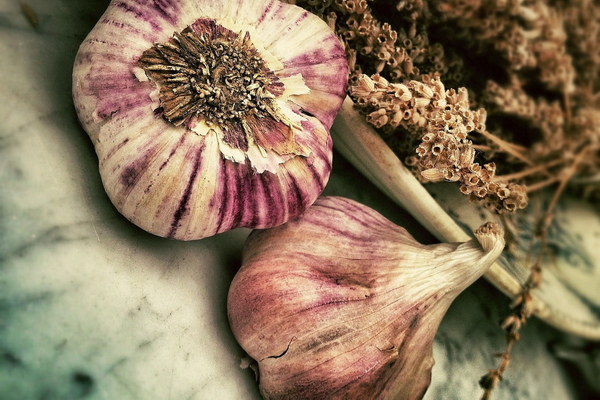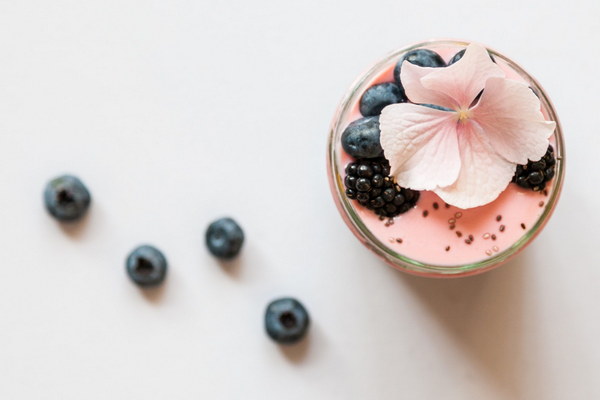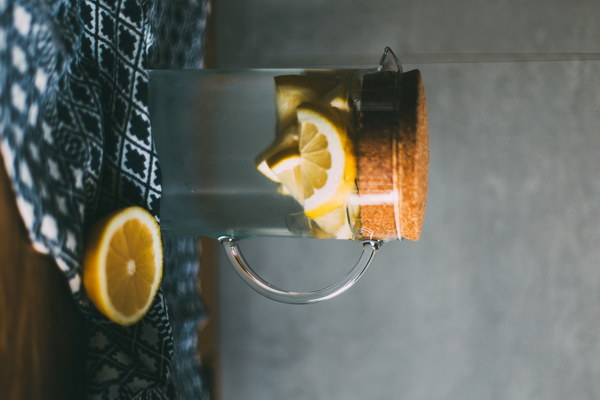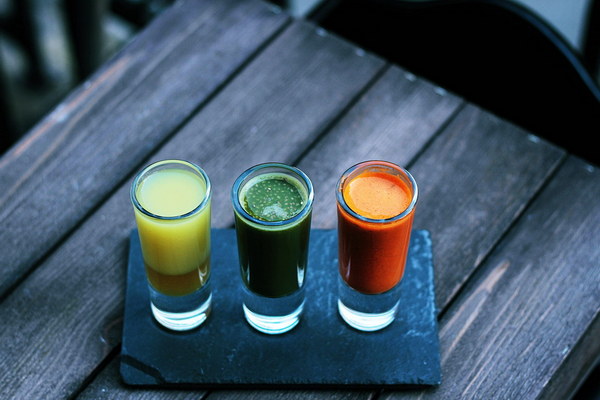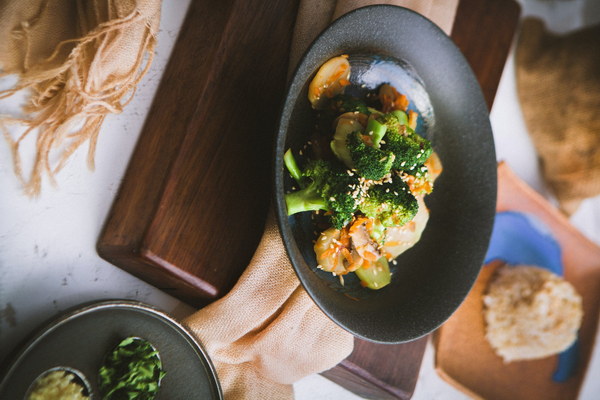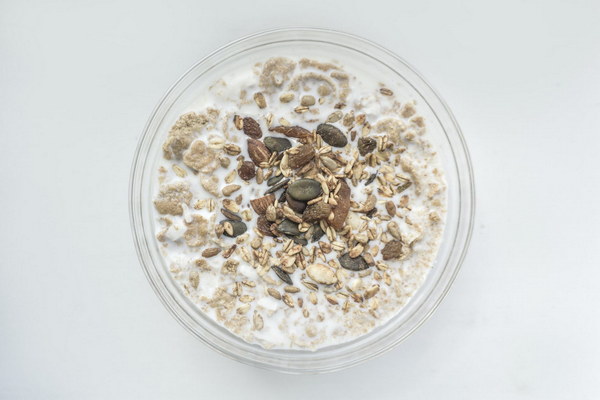Unveiling the Remedies Discovering the Best Medicines to Alleviate Dampness in the Body
Introduction:
Dampness, or damp-heat in traditional Chinese medicine, is a common condition that can affect individuals, leading to a variety of uncomfortable symptoms such as fatigue, bloating, and poor digestion. If you're looking to alleviate dampness in your body, you might be wondering, What medicine should I buy? In this article, we will explore the different types of remedies available to help you find the most suitable option for your needs.
1. Understanding Dampness:
Before diving into the remedies, it's essential to understand what dampness is and how it affects the body. Dampness is the accumulation of excess moisture in the body, which can lead to a stagnation of Qi (vital energy) and result in various imbalances. Symptoms of dampness can include:
- Persistent fatigue
- Weight gain or difficulty losing weight
- Poor digestion and bloating
- Mucus production
- Joint pain
- Cloudy urine
2. Herbs and Natural Remedies:
Traditional Chinese medicine offers a range of natural remedies to address dampness. Here are some of the most commonly used herbs and natural treatments:
- Coptis Root (Huang Lian): Known for its anti-inflammatory properties, Coptis Root is often used to alleviate damp-heat conditions.
- Poria (Fu Ling): This herb is believed to help drain dampness and improve fluid metabolism.
- Pine Pollen (Song Gao): Pine Pollen is a traditional Chinese medicine used to boost the immune system and aid in the elimination of dampness.
- Astragalus (Huang Qi): This herb is renowned for its immune-boosting properties and can help to strengthen the body's resistance to dampness.
- Licorice Root (Gan Cao): Used to harmonize the other ingredients in herbal formulas, Licorice Root can help to balance the body's Yin and Yang.
3. Herbal Teas and Tonics:

In addition to herbal supplements, there are various herbal teas and tonics that can help in the fight against dampness. Some popular options include:
- Damp-Draining Tea: A blend of herbs such as Coptis Root, Poria, and Astragalus, designed to support the body's natural ability to expel dampness.
- Mushroom Tea: Reishi and Cordyceps are mushrooms that are believed to help boost the immune system and alleviate dampness.
- Chrysanthemum Tea: This traditional Chinese tea is known for its cooling properties and can help to clear heat and dampness from the body.
4. Dietary Adjustments:
While herbs and teas can help alleviate dampness, dietary adjustments are also crucial. Here are some tips to consider:
- Avoid dampening foods such as cold drinks, raw fruits and vegetables, and greasy foods.
- Incorporate more warming foods into your diet, like ginger, garlic, and black pepper.
- Opt for steamed or cooked vegetables instead of raw ones.
5. Lifestyle Changes:
In addition to herbal remedies and dietary adjustments, lifestyle changes can also play a significant role in managing dampness. Here are some suggestions:
- Regular exercise to promote circulation and improve overall health.
- Adequate sleep to support the body's natural healing processes.
- Reducing stress through activities like meditation, yoga, or deep breathing exercises.
Conclusion:
When it comes to addressing dampness in the body, there are various remedies available, from herbal supplements to dietary changes and lifestyle adjustments. It's important to consult with a healthcare professional or a trained herbalist to determine the best course of action for your specific needs. By combining these natural remedies with a healthy lifestyle, you can effectively alleviate dampness and improve your overall well-being.

